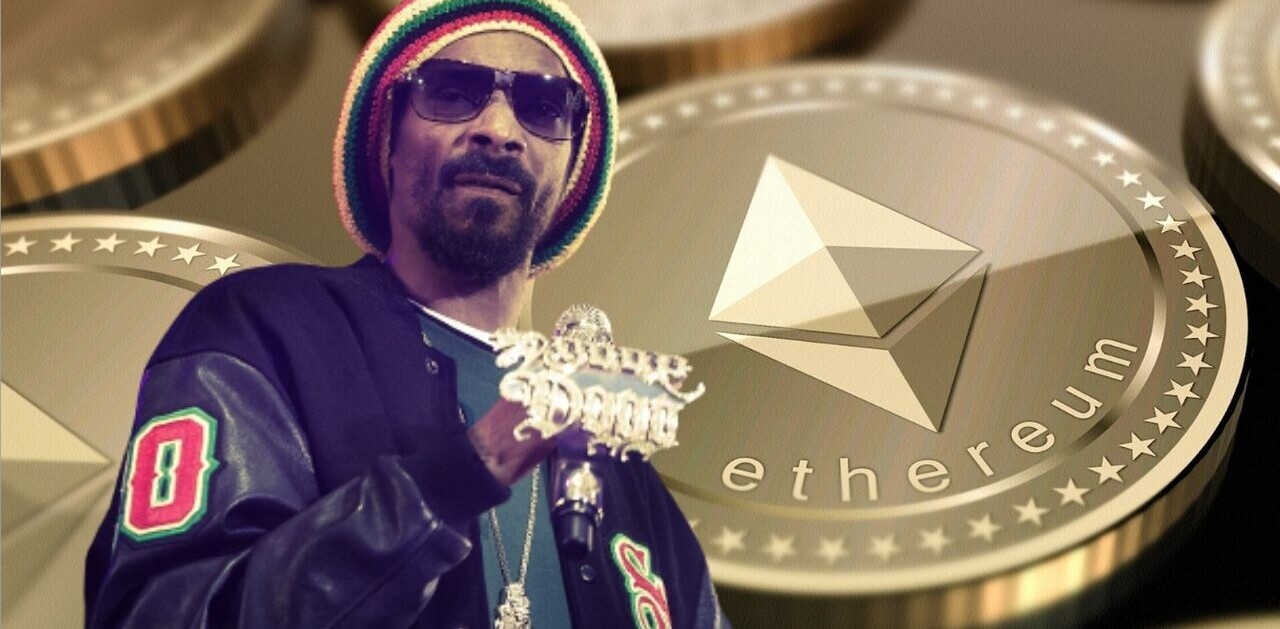
Patents have always been controversial in the cryptocurrency and blockchain space because most projects are established on the premise of decentralization and open source code. It’s for this very reason that the notion of intellectual property (IP) is incredibly contentious.
We wanted to get a better idea about the amount of cryptocurrency and blockchain-related patents filed and published across the globe to identify key trends and gather information on the most active entities in the space.
In order to do this, Hard Fork gathered the World Intellectual Property Organization’s (WIPO) website data using the following search terms: blockchain, block chain, Bitcoin, virtual currencies, virtual currency, digital currencies, digital currency, digital token, and smart contract.
Filing activity – the numbers
Our analysis found that, despite Bitcoin’s price tanking, 2018 was the peak year for patent approvals, with records showing that at least 1,060 patents were published during this period.
This was closely followed by 2017, when 971 were published. During that year, Bitcoin began trading at $998 and reached an all-time high of $19,666 in December.
Interestingly, 2008, the year in which Satoshi Nakamoto’s Bitcoin whitepaper emerged saw very little activity in terms of patents. Our analysis showed that some activity took place – with one patent for a ‘message verification and transmission error detection by block chaining’ published as early as 1978. This can most likely be attributed to our search criteria.
In fact, the data shows that the publication of patent started taking off in 2012, with the numbers staying around the same levels until 2015.
So far this year, WIPO has published 242 cryptocurrency or blockchain-related patents.

Location, location
Next, we drilled down the data by country.
China ranked top, with 790 patents published.

This was closely followed by the US, where 762 patent applications were published.
South Korea and Australia came next with 161 and 132, respectively.
The United Kingdom was the only European nation to make the top 10 with 36 patents published.
It’s worth noting that the number of patents in the above table doesn’t match the total number of patents published – which stood at 2,747. In fact, 25 percent of approved published are unaccounted for in terms of location, as our analysis showed that these were filed under ‘global’ or ‘Europe,’ and not a specific country.
Who’s filing them?
We also looked at which companies were most active in the space.
nChain Holdings Limited was the most prolific. Although based in London, nChain submitted applications in other jurisdictions – namely Canada, Australia, and India – hence why the UK was not the country with the highest number of patent submissions. It’s also worth noting that Craig Steven Wright, an Australian businessman notorious for claiming to be Satoshi Nakamoto, is the company’s chief scientist (and he’s obsessed with patents).
The rest of the list was largely dominated by technology giants and financial services firms such as IBM (119), Mastercard (111), Coinplug (84), and Alibaba (60).
The Bank of America – which at one point was credited with being the bank with the most number of blockchain-related patents – didn’t make the top 10.
Interestingly, two Chinese universities did make the list, although their activity paled in comparison to that of other entities.

Our analysis also looked at the most prolific individuals.
Wright is seemingly building a patent empire with 95 published submissions.
Yao Qian, the director of the People’s Bank of China Digital Currency Research Institute, has had 51 patents published.
Other submissions came from Cong Zhang, Yang Yang, Joon-Sun Uhr, Zhiyong Tan, and Ying Chan.
Cryptocurrency vs blockchain
As part of our analysis, we also looked at the possible disparity in terms of cryptocurrency and blockchain-related patents.
As expected, and given the hype, 2,127 of the 2,747 patents published included the term ‘blockchain’ in their title.
In contrast, only 260 submissions contained ‘crypto’, ‘virtual currency,’ or ‘digital currency.’
Looking ahead
According to our analysis, 2019 might surpass 2018’s activity if submissions continue to trickle in.
If inventors keep filing patents at the same pace, there will be over 1,200 new patents published by the end of 2019.
Top applicants with the most number of patents published so far this year include nChain Holdings Limited (50), IBM (18), Alibaba (14), Microsoft (12), Hangzhou Fuzamei Technology Co., Ltd (8), Mastercard (5), Intel Corporation (4), Visa (4), and Coinplug (2).
The controversy around patent applications in a sector where open source projects seem to be the norm is likely to remain, but it doesn’t look like this will deter companies or individuals from continuing to safeguard their IP.
Perhaps, what’s most telling is that despite the fact that digital currencies and blockchain technology were first designed to circumvent centralized organizations, those very entities are the ones driving patent submissions in an attempt to improve their bottom line.
It’s all about money, and those in pursuit of it are unlikely to care about the impact this will have on hardcore cryptocurrency enthusiasts who vehemently defend the principles of decentralization, especially now that the industry has evolved far beyond the purity of Bitcoin’s public blockchain.
Did you know? Hard Fork has its own stage at TNW2019, our tech conference in Amsterdam. Check it out.
Update 16:41 UTC, March 18th: This piece has been updated to clarify the difference between patent applications and approved patents. An earlier version of this piece had unfortunately conflated the two. We apologize for the mistake.
Get the TNW newsletter
Get the most important tech news in your inbox each week.




